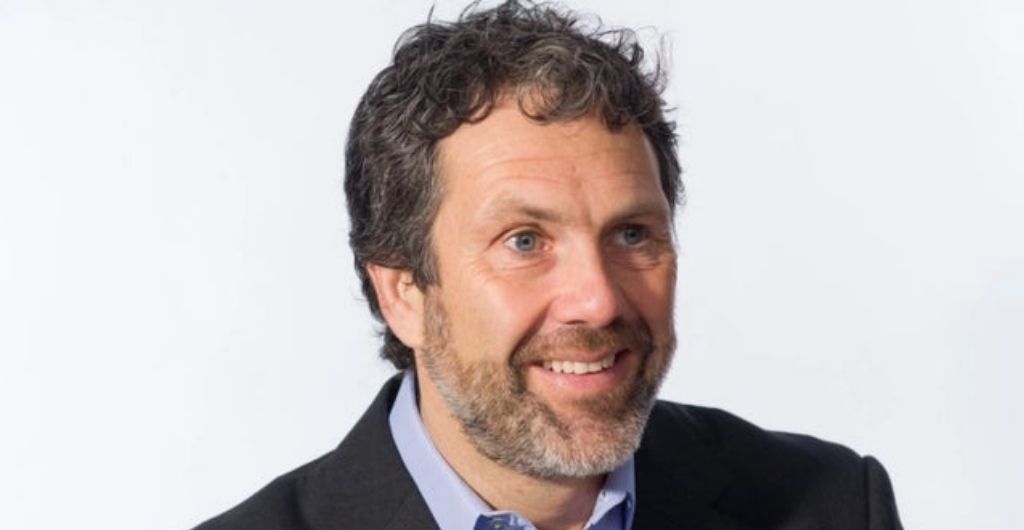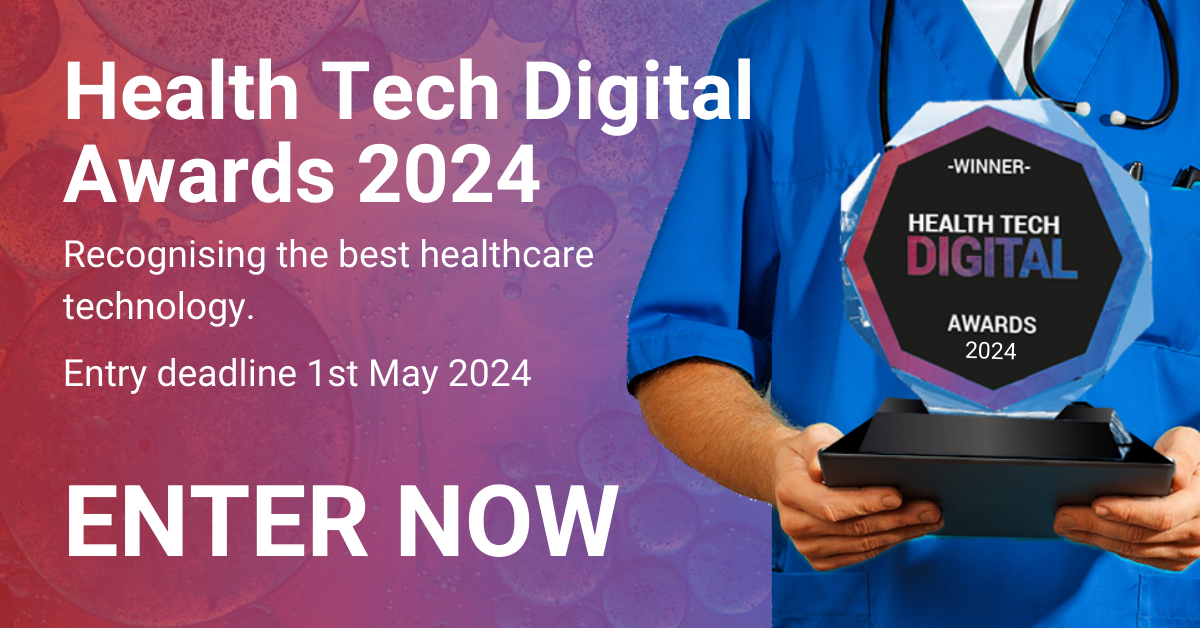
Former CEO of Ladbrokes and Sporting Index, Richard Glynn
As the Coronavirus pandemic takes its hold on the mental health of the working population – most notably front-line medical professionals and emergency workers – Richard Glynn is helping businesses develop a sustainable culture of well being.
The former CEO of Ladbrokes and Sporting Index, Richard Glynn, is showing businesses and front-line medical organisations that adopting technology can help support and embed a culture of investing in mental well being.
It’s a mission that has been two hundred years in the making. In the early 1800s, names like John Cadbury, Andrew Carnegie, Solomon Guggenheim and Titus Salt were titans of industry. They grew vast wealth not by overworking or overlooking their employees but by investing in them to create long-lasting social purpose legacies for society. Take the Cadburys, who built an entire village (Bourneville) to alleviate cramped living conditions for their employees, pioneered pension schemes and introduced a full staff medical service.
These pioneers realised that giving employees basic social amenities like housing, medical care, sanitation and schooling made them feel better about themselves. This concept, coined philanthrocapitalism, spawned a generation of harder working and healthier staff, with reduced absenteeism. Increased productivity and longevity led to increased profits, while consumers engaged more with these brands due to their authenticity and purpose.
Unfortunately, the benevolent pieces of this puzzle were lost as the profit-making ethos took over. The well being of workers fell by the wayside and businesses in large part lost their connection with their audience.
Enter Glynn, himself a business heavyweight, having run leading companies in some of the most complex and challenging industries.
“The Cadburys and other icons of the time were onto something,” Glynn says, “but they didn’t have the technological means to roll out this idea effectively and personally. The irony is that nowadays it’s far easier for businesses to engage with their staff and customers, through a myriad of digital platforms, but they’re still falling short.”
Glynn’s own journey into mental well being investment began in the medical arena; at Great Ormond Street Hospital. “I was the Government’s section 11 Trustee at the GOSH Children’s Charity for ten years,” he recalls, “and was lucky enough to witness the work of the hospital’s consultants. They invested in the mental well being of the children and their parents, as well as the junior doctors and the nursing staff, because they knew that if everyone received mental health care, it helped the kids get better quicker. That meant more beds available, more kids getting treatment and the hospital generating more much-needed revenue”
Transferring this into the unprecedented times of a global pandemic, it’s hard to recall a time when there has been greater need for this investment. Dr Sunil Dasan, Consultant in Emergency Medicine at St George’s Hospital, London, and Chair of RCEM’s Sustainable Working Practices Committee, has noted the importance of medical staff receiving support. Dr Dasan said, “The Coronavirus pandemic has meant there have been huge changes to emergency medical practices and ways of working. Staff have had to make enormous adjustments and will face the challenges of continual change as the pandemic progresses. Support is therefore needed during these times of great change, to help workers deal with the associated levels of stress in a way that doesn’t impact them negatively.”
But well being investment is more than gestures like putting apples on receptions. For Glynn, the key to unlocking modern staff well being lies in the value of data. Because without data an organisation doesn’t know who eats the apples and who benefits from them. Does an apple a day really keep the doctor away, i.e. does it correlate with reduced absenteeism?
It’s a cyclical process. Businesses need this data to understand the needs of their workforce and customers, but they need these people to trust them and their motives for them to be willing to release their data. This is the value exchange that Glynn feels forms the basis for modern philanthrocapitalism.
That’s why Glynn’s latest venture, 87%, is working with organisations like the Royal College of Emergency Medicine, as well as Air Ambulances UK, the Royal College of Nursing and others, through the pandemic. A mental well being assessment platform, 87% helps these organisations understand the needs of their staff. It uses a complex algorithm based on years of research to provide users with a breakdown of their mental fitness and, for the host companies, it tracks the progress being made towards developing a sustainable culture of well being. Support, free of charge, for emergency medical workers, has come through the understanding of 87%’s shareholders and foundations such as the Aviva Foundation.
But there’s still work to be done to take us closer to Glynn’s vision.
“Championing a culture of well being means investing in and looking after your core assets,” he claims, “be they nurses in emergency departments or junior doctors at GOSH. But organisations aren’t yet seeing clearly the benefits of using data to really understand the needs of their staff. Effective use of data can help individuals measure their mental health and empower them to improve it through personalised guidance. Meanwhile, by aggregating anonymised user data and presenting it in a user-friendly dashboard, businesses are given the tools to direct appropriate interventions at the right time and correlate the insight with other important HR metrics such as turnover and engagement.”
At a time when the mental health of the medical community is at its most fragile, adopting such a technology could have untold benefits. Think the improvements made to the lives of the children at GOSH but across tens of thousands of emergency workers on a national scale. Stronger mental well being would result in a more engaged and more present workforce, optimised productivity and more patients treated.
In this case, philanthrocapitalism for the 2020s – what Glynn calls “PC 2.0” – would help us remember the successes of the past and force us to repeat them.













